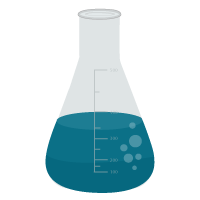DK / EN

Sarcoma treatment (soft-tissue and bone cancer) requires extensive surgery, if patients are to be cured. Unfortunately, up to 12% of these patients suffer complications after surgery. Typical problems are delayed healing of the wound and bone, and infections.
When the sarcoma is removed, the tissue is reconstructed through plastic surgery, in which soft tissue (a flap) is transferred from a healthy part of the body to the area where the sarcoma was removed. The flap may consist of either muscle or skin, with the underlying structures and blood vessels. The flap is placed where the cancer was removed, to form a barrier against bacteria, thus giving protection against infection. In addition, the blood supply from the flap supplies oxygen, nutrients, immune cells and medication (e.g. antibiotics) to the site of surgery.
There is still discussion about what happens in the interface between the soft-tissue flap and the area where the sarcoma was removed – and whether a muscle flap or a skin flap is best.
“The Vissing Foundation is supporting a research project in which we will develop a clinically relevant animal model. The purpose of this is to investigate the microenvironment under skin and muscle flaps. Among other things, we will examine oxygenation, and the presence of proteins and other substances that are relevant for tissue healing, and the concentration of antibiotics. The long-term aim is to improve the current treatment for patients with sarcomas, in the hope that we can avoid or reduce the complications – without reducing patient survival,” says Maiken Stilling, PhD, Clinical Professor and Consultant at the Orthopaedic Research Laboratory, Aarhus University Hospital.